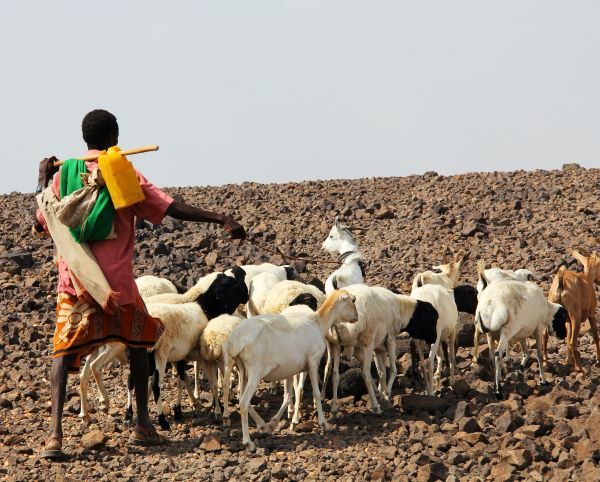The 10th Anniversary of the Voluntary Guidelines for Responsible Governance of Tenure for Land, Forest and Fisheries (VGGT), is set to take place in Liberia on 17 November 2022.
The overarching goals of the Voluntary Guidelines on the Responsible Governance of Tenure of Land, Fisheries and Forests in the Context of National Food Security are to achieve food security for all and support the progressive realization of the right to adequate food in the context of national food security.
The event will be co-convened by the Multi-Actor Platform on Land Governance and Responsible Agricultural Investment (MAP Liberia Land Platform), the Liberia Land Authority (LLA), Ministry of Agriculture (MoA) and the United Nations’ Food and Agriculture Organization (FAO).
National dialogue
A national dialogue is one of several in-country activities that will create an opportunity for stakeholders to take stock of the VGGT implementation process in terms of progress made and the challenges encountered. It will also renew concrete political commitment, and to identify the next steps for the further implementation of the guidelines.
The VGGT is an internationally negotiated document by the Committee on World Food Security (CFS) under the Food and Agriculture Organization of the UN. The negotiations, chaired by the United States, occurred over a nine-month period and involved 96 member countries and over 30 civil society organizations.
The document was adopted by the Committee on World Food Security in May 2012. Since then, attention has been shifted to the implementation of the guidelines. The VGGT provides a framework for countries to use in the establishment of laws and policies, strategies, and programs, which clarify and secure tenure rights.
The Guidelines are meant to benefit all people in all countries, although there is an emphasis on vulnerable and marginalized people. The Guidelines serve as a reference and set out principles and internationally accepted standards for practices for the responsible governance of tenure. They provide a framework that States can use when developing their own strategies, policies, legislation, programmes and activities. They allow governments, civil society, the private sector and citizens to judge whether their proposed actions and the actions of others constitute acceptable practices








